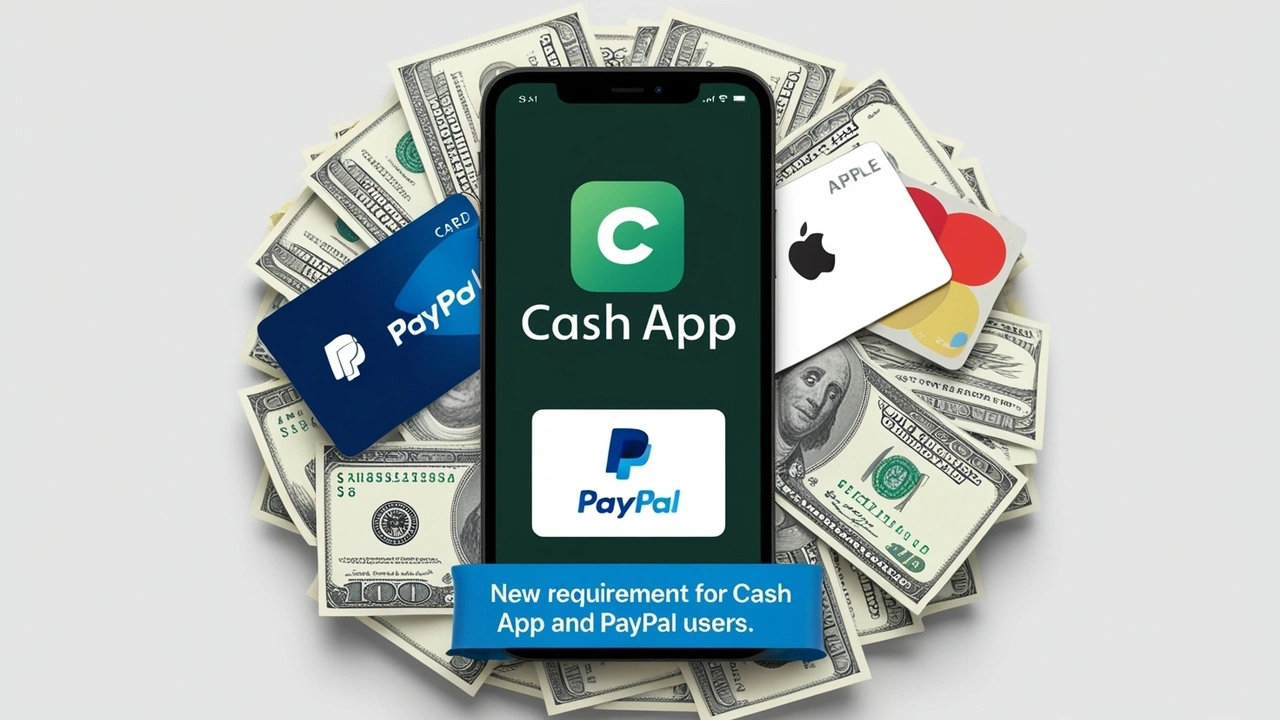The IRS has unveiled a new tax-reporting requirement for Americans who earn money through platforms like Cash App, PayPal, and Venmo. If you’ve received over $5,000 through any of these third-party apps, you’ll need to file your tax return using a new form. This change is part of a tax-reporting shift aimed at independent contractors and freelancers. While this new rule is not a change in the way your income is taxed, it mandates that payment apps report earnings of $5,000 or more via the 1099-K form. This move follows several delays and is part of the IRS’s efforts to track transactions that may have otherwise gone unnoticed.
What You Need to Know About the 1099-K Form
If you use third-party payment apps for business purposes, such as freelancing or side gigs, you might already be familiar with the 1099-K form. This form reports income you earned from transactions where taxes aren’t automatically withheld. Previously, the IRS required third-party apps to send 1099-K forms only for users who earned over $20,000 in over 200 transactions. However, the new rule now lowers that threshold to $5,000.
It’s important to note that these changes apply only to payments related to goods and services. Personal transfers, like splitting a bill with a friend or reimbursing someone for rent, are not affected. If you’ve used third-party apps to earn over $5,000 this year, you’ll need to use the 1099-K form to report your income when filing your taxes in 2025.
Why Was the Rule Delayed?
The IRS initially planned to implement these new reporting rules in 2022 but delayed them for two years to give payment platforms more time to prepare and to address challenges in distinguishing between taxable and non-taxable transactions. The changes will now go into effect in 2024, requiring platforms like Cash App, Venmo, and PayPal to disclose freelancers’ and business owners’ earnings. The IRS is also considering a gradual rollout, setting the threshold at $5,000 rather than $600, which was part of the original plan under the American Rescue Plan. The goal is to reduce errors and give payment processors and the IRS more time to adjust to the new rules.
Best Practices for Freelancers and Business Owners
For freelancers or small business owners who rely on payment apps for income, it’s a good idea to keep separate accounts for business transactions. This can help you avoid inadvertently mixing personal payments (such as money from friends or family) with business income, ensuring that your 1099-K form accurately reflects taxable earnings.
As this rule comes into play, it’s crucial to stay updated on any changes in reporting requirements, as well as to ensure you’re correctly reporting all of your income, whether or not you receive a 1099-K. Keep good records of your transactions and consult with a tax professional if you’re unsure about how these new rules affect you.



